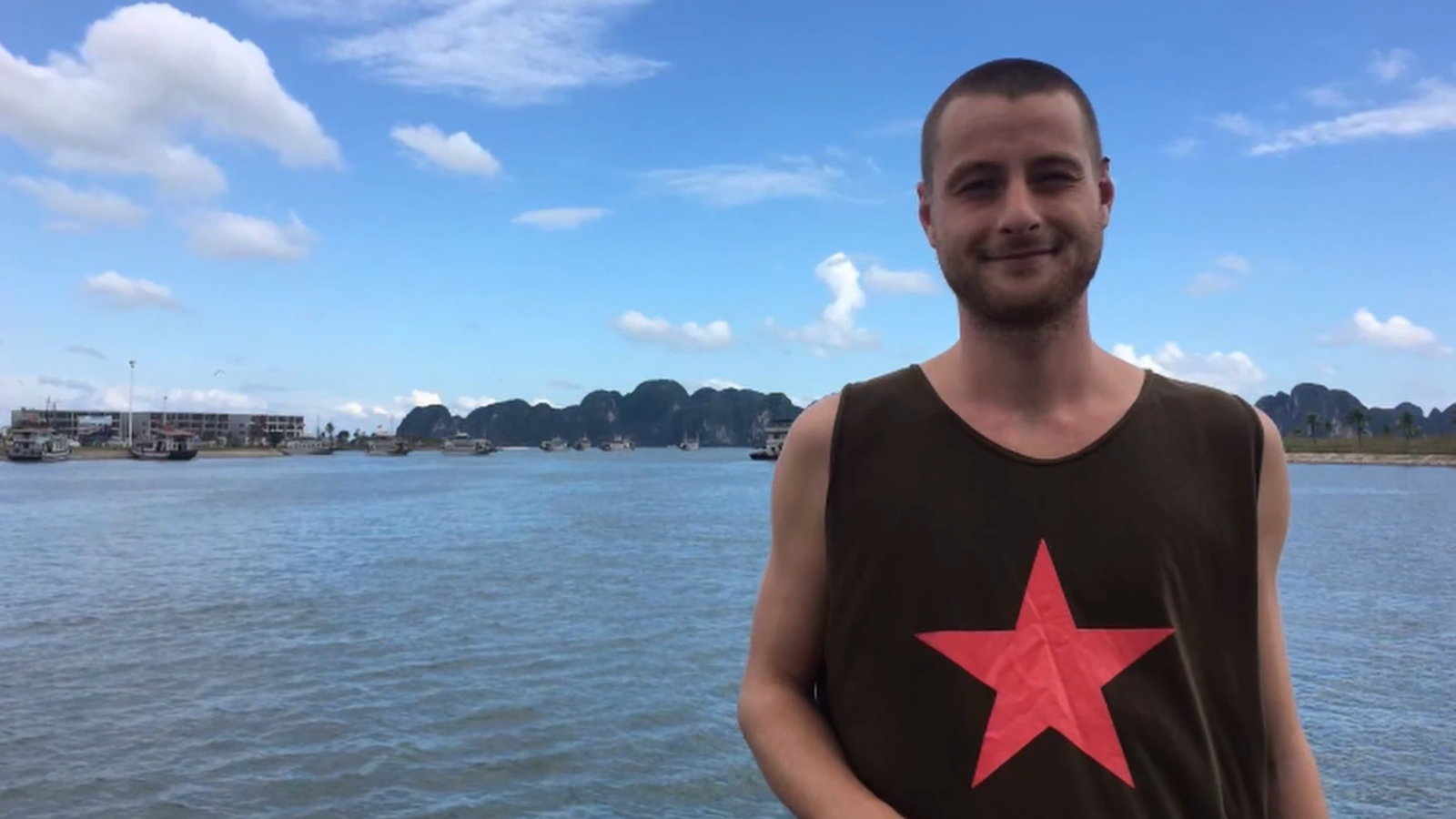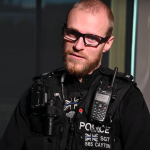“I can’t have what happened to him to be in vain, I just can’t.”
Bob Toulson-Burke was 21 and on the trip of a lifetime in south-east Asia when he came down with flu-like symptoms.
Less than two weeks later he died in a Bangkok hospital from a virus his family had never heard of.
Now his mother Jayne Toulson-Burke wants to raise awareness of dengue fever as European holiday destinations prepare for a possible repeat of last summer’s outbreaks and doctors warn climate change could bring it to the UK.
France saw a record 65 cases of the mosquito-borne infection in 2022. Meanwhile, Ibiza saw a cluster of cases among tourists last year and will raise its dengue risk level from “low” to “moderate” in May.
When Bob first complained of headaches, nausea and joint pain, no one mentioned dengue, Mrs Toulson-Burke said. The hospital told him to come back in two days if he didn’t feel better.
She thinks if they had tested for dengue then, or if Bob had been able to recognise the symptoms, things might have turned out differently.
There is no specific treatment for dengue but for people with dengue haemorrhagic fever, a severe form of the virus, hospital care is often needed.
By the time Bob went back to hospital, he had developed the fever. He phoned his mother to tell her he was being transferred to a bigger hospital.
“He said ‘I’ll have to go now Mum because I can’t breathe very well’, and that was the last I spoke to him,” she said.
Bob had a series of heart attacks and fell into a coma before dying on 7 December, 2016. Mrs Toulson-Burke had just secured an emergency passport so she could fly out to see him when she got the tragic news.
Be the first to get Breaking News
Install the Sky News app for free
Sorting through his medical notes at home in Stockport for anything that might help the doctors, Mrs Toulson-Burke found the leaflets Bob was given when he got his travel vaccinations.
At the bottom of the page was one line about dengue fever – not enough to make an impact, she believes.
“He’s 21, he’s a young traveller, he’s never going to think of that,” Mrs Toulson-Burke said. “They think they’re invincible.”
Before travelling to Thailand, Bob had been in Vietnam. He loved it so much that Mrs Toulson-Burke recreated his trip after his death, staying at the same hostels to “see it through his eyes”.
While she was there she spoke to travellers about dengue symptoms, which include joint pain, a high temperature and a rash. She handed out information cards on the street.
“The majority of times they really took it on board to take a card from me and I’d say please stay safe, these are the symptoms. And then others would just say, ‘It won’t happen to me’.”
That’s not necessarily correct. An average of 505 travellers from England, Wales and Northern Ireland caught dengue fever abroad between 2015 and 2019, according to data collated by the World Mosquito Program.
The pandemic curtailed travel, and dengue cases in UK tourists dropped as a result. But the virus is likely to spread to new regions of Europe as warmer temperatures bring mosquitoes to new areas.
Read more:
What is dengue fever – and how does it spread?
Why doctors fear UK could see outbreaks of dengue fever
Please use Chrome browser for a more accessible video player
Mrs Toulson-Burke said she hoped dengue spreading closer to home will alert people to the dangers of the illness which killed Bob.
Her voice changes when she talks about her “kind, loyal” son, the boy who would support the underdog, had no fashion sense and had just started to find himself through travelling.
She added: “He’s tall and he’s quite slender – but boy, his hugs. They’re strong, and they’re loving.”
She said if one person recognises the symptoms of dengue and seeks medical help, she will feel she has done something for Bob.
“Bob was never given that chance.”






















